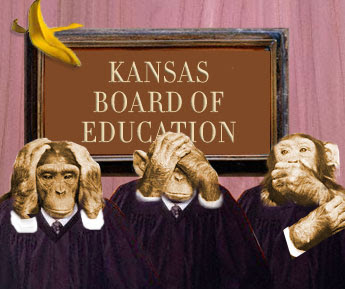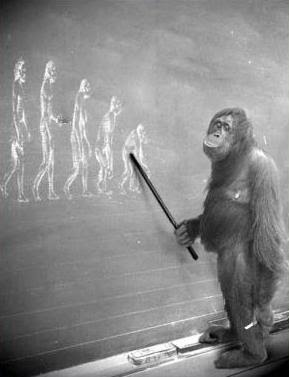
Bob Drogin - Los Angeles Times
A vast and growing web of security cameras monitors this city of 55,000 inhabitants, operated by a private group of self-appointed gatekeepers. There's been surprisingly little outcry.
This historic town, where America's founding fathers plotted during the Revolution and Milton Hershey later crafted his first chocolates, now boasts another distinction: It may become the nation's most closely watched small city.
Some 165 closed-circuit TV cameras will soon provide live, round-the-clock scrutiny of nearly every street, park and other public space used by the residents and the town's many tourists. That's more outdoor cameras than are used by many major cities, including San Francisco and Boston.
Unlike anywhere else, cash-strapped Lancaster outsourced its surveillance to a private non-profit group that hires civilians to tilt, pan and zoom the cameras - and to call police if they spot suspicious activity. No government agency is directly involved.
Perhaps most surprising, the near-saturation surveillance of a community that saw four murders last year has sparked little public debate about whether the benefits for law enforcement outweigh the loss of privacy.
"Years ago, there's no way we could do this," said Keith Sadler, Lancaster's police chief. "It brings to mind Big Brother, George Orwell and '1984.' It's just funny how Americans have softened on these issues."
"No one talks about it," agreed Scott Martin, a Lancaster County commissioner who wants to expand the program. "Because people feel safer. Law-abiding citizens have nothing to worry about."
But Mary Pat Donnellon, head of Mission Research, a local software company, vowed to move if she finds one on her block. "I don't want to live like that," she said. "I'm not afraid. And I don't need to be under surveillance."
"No one has the right to know who goes in and out my front door," agreed David Mowrer, a laborer for a local company. "That's my business. That's not what America is about."
Hundreds of municipalities - including Los Angeles and at least 36 other California cities - have built or expanded camera networks since the attacks of Sept. 11, 2001. In most cases, grants from the Department of Homeland Security have helped to cover the cost.
How they affect crime is open to debate.
In the largest U.S. study, researchers at UC Berkeley evaluated 71 cameras that San Francisco installed in high-crime areas starting in 2005. Their final report, released in December, found "no evidence" of a drop in violent crime but "substantial declines" in property crime near the cameras.
In February, the city council in Cambridge, Massachusetts, voted not to use eight cameras already purchased with federal funds for fear police would improperly spy on residents. And officials in nearby Brookline are considering switching off a dozen cameras for the same reason.
Lancaster is different, and not just because it sits amid the rolling hills and rich farms of Pennsylvania Dutch country.
Laid out in 1730, the whole town comprises 4 square miles around a central square. Amish families still sell quilts in the nation's oldest public market, and the Wal-Mart provides a hitching post to park a horse and buggy. Tourists flock to art galleries and Colonial-era churches near a glitzy new convention center.
But poverty here is double the state's average, and public school records list more than 900 children as homeless. Police blame most of last year's 3,638 felony crimes - chiefly thefts - on gangs that use Lancaster as a way station to move cocaine, heroin and other illegal drugs along the Eastern Seaboard.
"It's not like we're making headlines as the worst crime-ridden city in the country," said Craig Stedman, the county's district attorney. "We have an average amount of crime for our size."
[The problem is that since the city started to install cameras eight years ago, the crime rate has risen LOL].













































